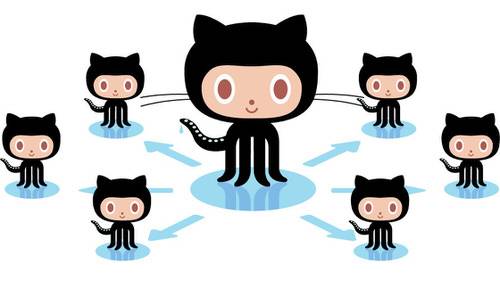
The first organized fight back against the reported accounts of offensive or denigrating language on GitHub is coming from within the GitHub community itself.
Ethical Code is an organization comprised of GitHub users who want to make the community a more welcoming place. Its first event, #CleanUpGitHub, encourages developers all over the world to directly confront users who include needlessly offensive words in their code uploaded to GitHub.
On March 22, developers will seek out examples of hate on Github and interact directly with the coders behind them through “pull requests,” which are GitHub-specific public and recorded suggestions for changes in the original programmer’s code. (Here’s a pull request I made last week. It’s public, and the original coder did not have to accept it.)
The event is being organized by Ben Nunney, European Marketer at Twilio. Not surprisingly, Nunney says his inbox has been full of dissenters ever since he founded Ethical Code; he said at least 100 people have agreed to take part in the mass cleanup of Github.
“People’s objections are often along the lines of ‘isn’t this going against free speech?’ to which I always answer no,” he said. “Everyone has the right to say what they want to say—and we’re exercising that right in our own way by highlighting hate speech in people’s code and suggesting they change it. That’s all a pull request is, after all—a suggestion, on record for all to see.”
According to Section F of the GitHub Terms of Service, users retain full ownership of their code, so racist and sexist language in uploads is not GitHub’s direct responsibility. However, GitHub is responsible for the type of community it wants to create.
See also: How GitHub Can Detox Its Community
For its part, GitHub doesn’t tolerate “verbal, physical, written or other abuse (including threats of abuse or retribution) of any GitHub customer, employee, member, or officer.” Section G of the Terms of Service states that this violation will result in “immediate account termination.”
Despite this warning, however, it’s apparent that indirect slurs indeed run rampant on GitHub. Search GitHub for the racial or sexist slur of your choice, and you’ll get pages of results. Sure, some are clear attempts at off-color humor, but others are downright mean.
“We’re not just talking about [eliminating] the odd bad word,” Nunney wrote on the event page, “but very real rants that amount to nothing more than targeted hate.”
Ethical Code invited GitHub to host the event, but now that the company is dealing with the very public departure of a notable feminist employee, he guesses they have their hands full. Nunney isn’t certain #CleanUpGitHub is the right way to go about fixing problems in the tech community, but it’s an experimental way to start.
“Right now, there are lots of people who care deeply about making the tech industry a more open and tolerant place—but if all we do is talk, nothing gets better. We don’t know what the right action to take is, but we’d rather be brave enough to try things and see if they make a difference than do nothing.”
Image courtesy of GitHub

















